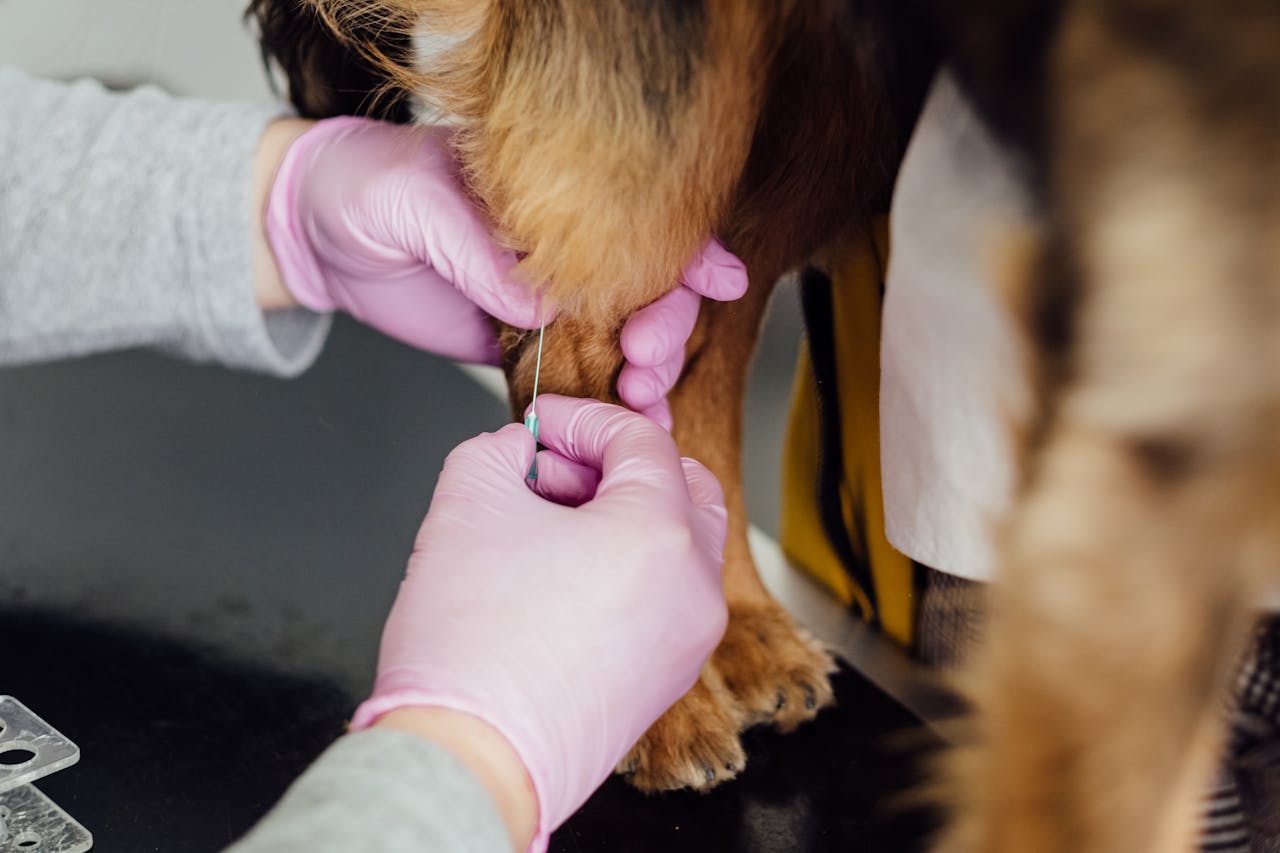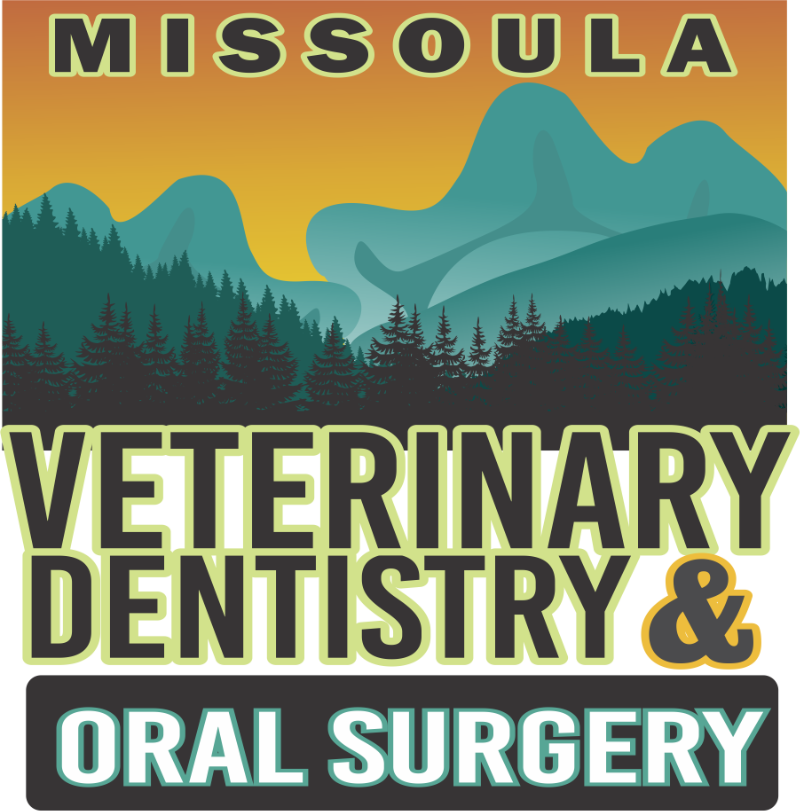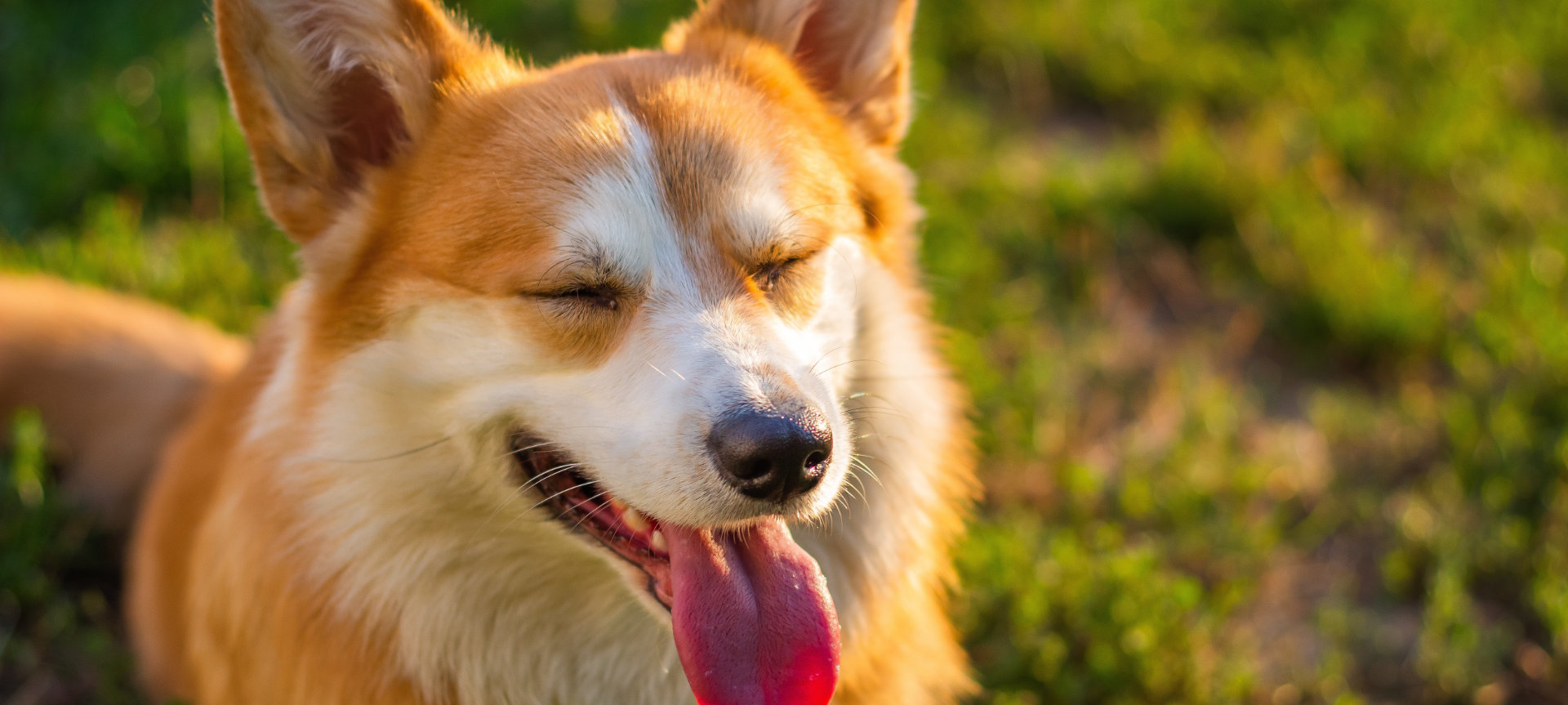
20 Mar Pre-Operative Bloodwork: Safeguarding Your Pet’s Well-Being Before Surgery
As pet owners, ensuring the health and safety of our companions is a top priority, especially when they undergo surgical procedures. One essential aspect of pre-operative preparation that veterinarians often recommend is pre-operative bloodwork. In this article, we’ll delve into the importance of pre-operative bloodwork for cats and dogs, highlighting how it helps veterinarians assess and optimize your pet’s health before surgery.
Understanding Pre-Operative Bloodwork for Pet Surgery:
Pre-operative bloodwork involves a series of tests performed on a sample of your pet’s blood before they undergo surgery. These tests provide valuable insights into your pet’s overall health status, organ function, and potential risk factors that may affect their ability to tolerate anesthesia and surgery.
The Importance of Pre-Operative Bloodwork:
1. Assessing Organ Function:
Pre-operative bloodwork typically includes a complete blood count (CBC) and blood chemistry profile. These tests evaluate various parameters such as red blood cell count, white blood cell count, platelet count, and levels of electrolytes, enzymes, and proteins. Abnormalities in these values can indicate underlying health issues such as anemia, infection, inflammation, dehydration, or organ dysfunction. By identifying these issues before surgery, veterinarians can take appropriate measures to manage or address them, minimizing the risk of complications during and after the procedure.
2. Detecting Underlying Conditions:
In addition to assessing organ function, pre-operative bloodwork can help detect underlying medical conditions that may not be apparent upon physical examination. For example, elevated liver enzymes or abnormalities in kidney function tests may indicate liver or kidney disease, respectively. Identifying these conditions early allows veterinarians to tailor anesthesia protocols, adjust medication dosages, or implement additional supportive measures to mitigate the impact of these conditions on the surgical outcome.
3. Tailoring Anesthesia Protocols:
Anesthesia is a critical component of surgical procedures, and different pets may have varying responses to anesthesia drugs based on their individual health status and medical history. Pre-operative bloodwork provides valuable information that helps veterinarians tailor anesthesia protocols to each pet’s specific needs. For example, pets with underlying medical conditions or abnormalities in their bloodwork may require adjustments in anesthesia drug dosages or the use of alternative drugs to minimize risks and ensure a smooth anesthesia experience.
4. Establishing Baseline Values:
Regular monitoring of your pet’s bloodwork over time allows veterinarians to establish baseline values for comparison. By tracking changes in these values, veterinarians can detect trends or abnormalities early, even before clinical signs manifest. This proactive approach enables timely intervention and management of potential health concerns, promoting better long-term outcomes and quality of life for your pet.
Oral Surgery for Pets in Missoula, Montana
In conclusion, pre-operative bloodwork plays a crucial role in safeguarding the health and well-being of cats and dogs undergoing surgical procedures. By assessing organ function, detecting underlying conditions, tailoring anesthesia protocols, and establishing baseline values, pre-operative bloodwork helps veterinarians identify and mitigate potential risks, ensuring a safer and more successful surgical experience for your beloved pet.
So, the next time your pet is scheduled for surgery, remember the importance of pre-operative bloodwork—it’s a small yet invaluable step in ensuring their continued health and happiness. Don’t hesitate to give us a call if you have any questions about your pet’s upcoming surgery with us, or if you need to schedule an appointment.
Images used under creative commons license – commercial use (3/20/2024). Photo by freestocks.org on Pexels



